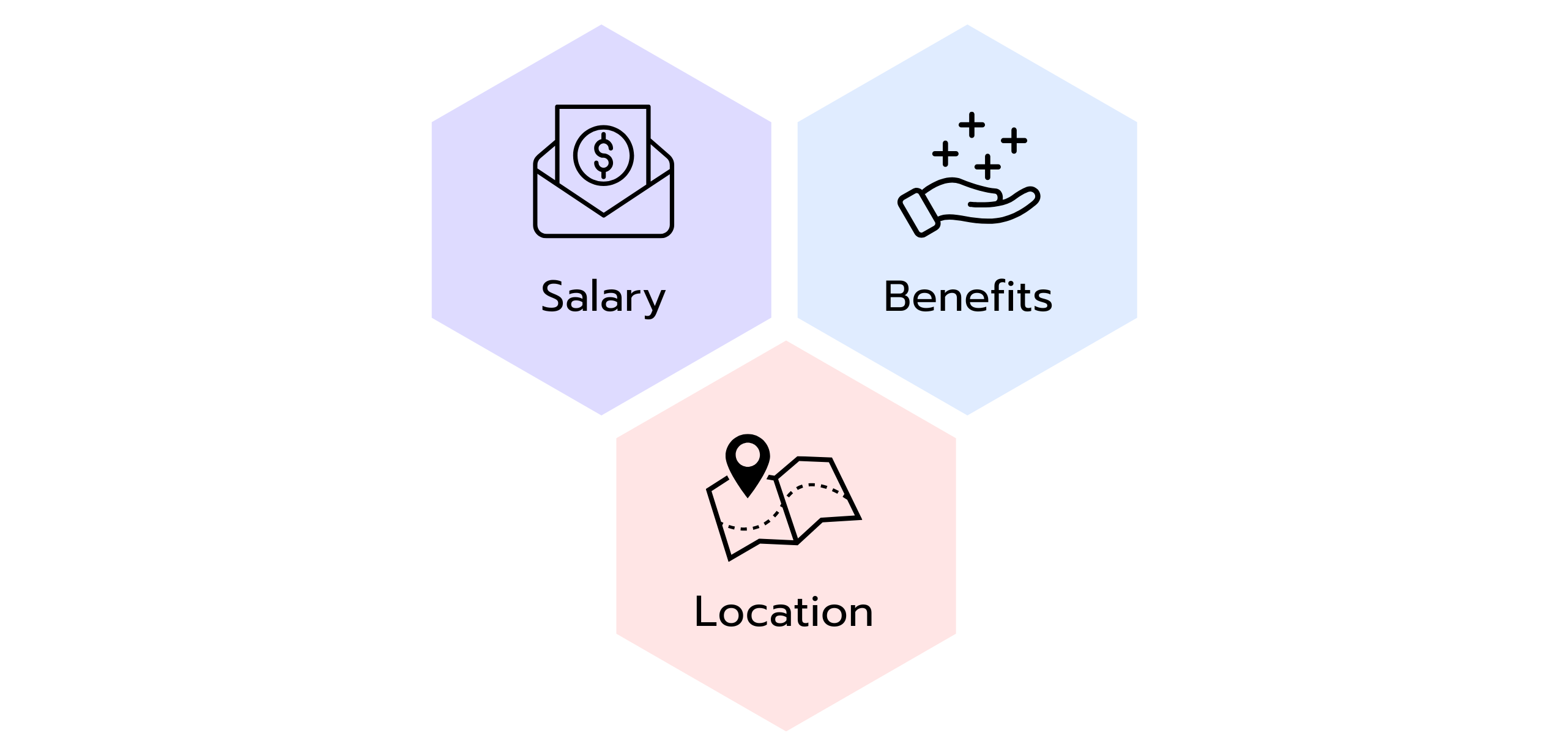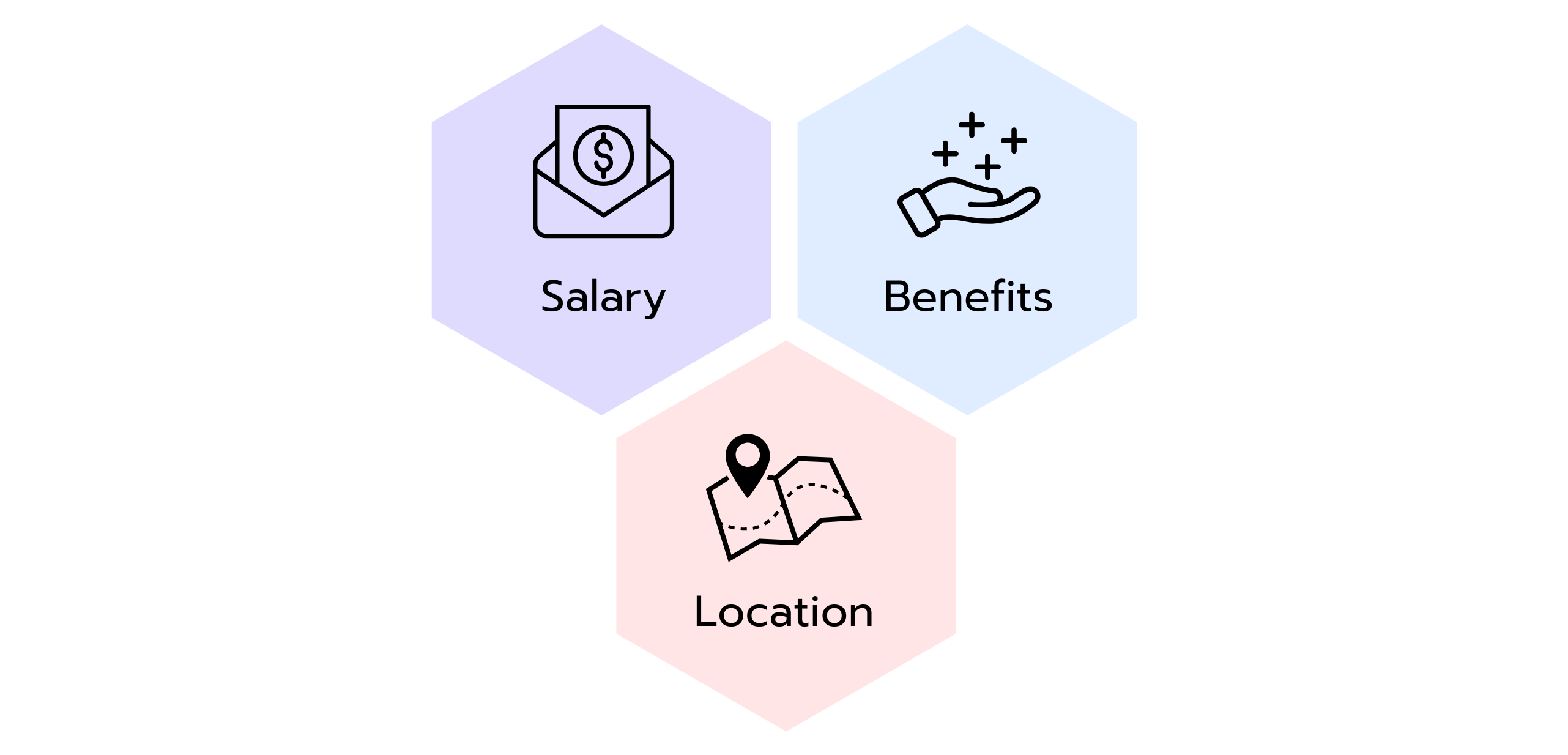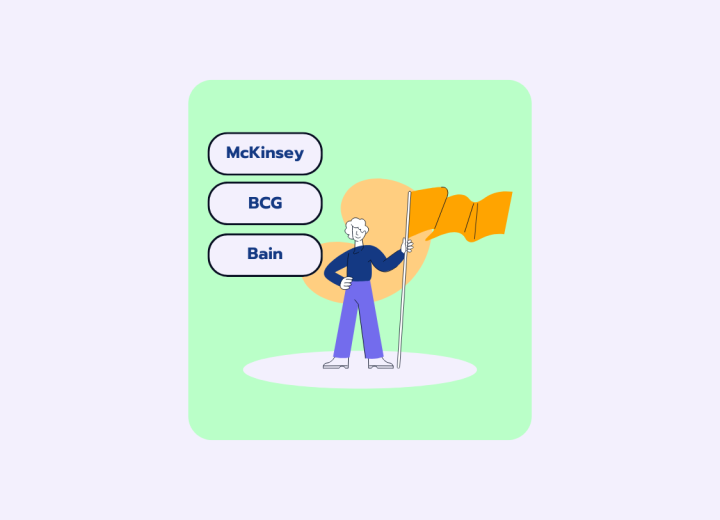Why do so many people around the world look forward to the weekend? Clearly, what we must be doing Monday to Friday is not creating the impact we desire for ourselves and the people around us. If you thoroughly enjoy what you do, work becomes life and life becomes work. There is little struggle to wake up in the morning. But for many people, this is not the case, unfortunately. This is not too surprising because finding a career that fulfills you is easier said than done!
The problem is that many people jump into a job for the wrong reasons without looking at the situation with enough attention and making sure it is the right thing for them. Misery is unavoidable in this case. Some typical reasons which most people get wrong are as follows:
Peer Pressure and Social Pressure 😟
“Most of my school, university or work friends are joining company X or industry Y. So, it must be great for me, too!“ or “My family and friends have great expectations of me, and I must fulfill their desires.”
I hope you can see the problem with these reasons, whether you consider them individually or all together. They are not your desired but someone else’s! You are making decisions driven by external pressures which will probably not satisfy you in the long run.
Lifestyle and Salary 💰
“If I get this job in this location, I can afford all the materialistic things and live an elevated lifestyle just like they show in the movies and television series.” Or “I must make as much money as I can as this is going to make me happy. I deserve it!”
If this or the above reason genuinely are your true desires, that is great. But be honest with yourself. Do you really think that it is worth it to follow a career that doesn’t really intrinsically motivate you just for the money? You are making decisions driven by external pressures.
Reputation and Brand Image 🌟
“Firm X has a great reputation and if I somehow clock 2-3 years, it will open great doors for me in future.” or “Firm X has a great brand image, and a million people would die to work for them. It will make finding a job in the future easier as my CV will be very strong.”
With this reasoning, you are making your career decision solely based on where you want to get in the future. Are you sure that this future scenario will really happen or that it is really what you want? You cannot change the past, nor can you predict the future. All you have is the present moment and the ability to create a future by doing the things that truly matter to you now.





